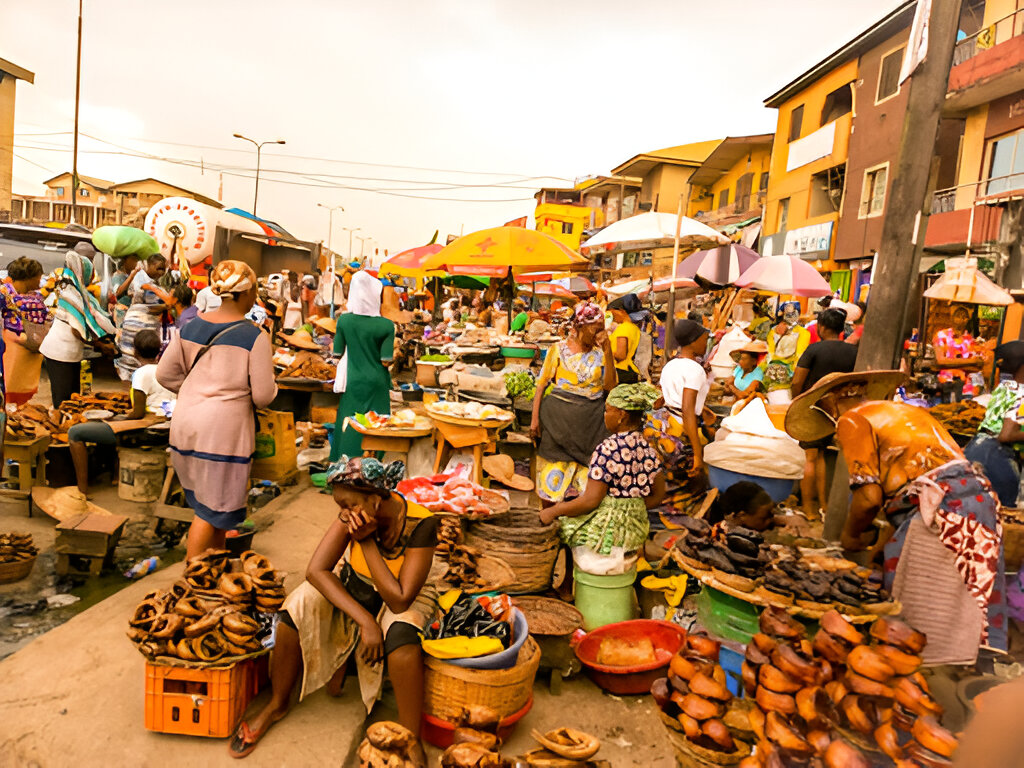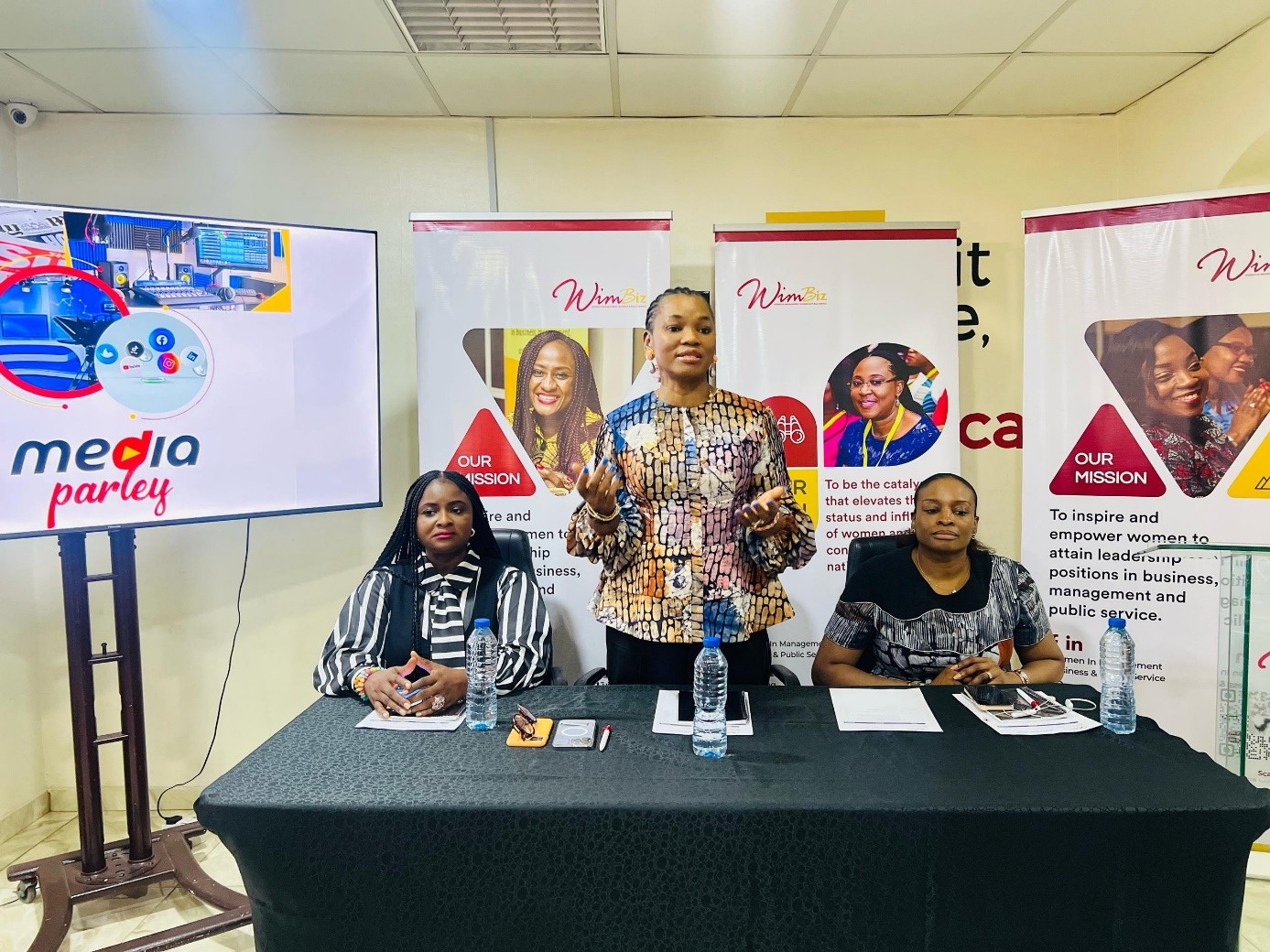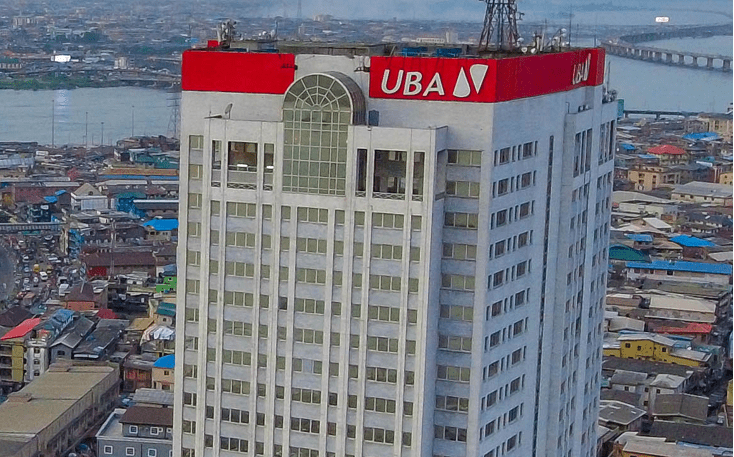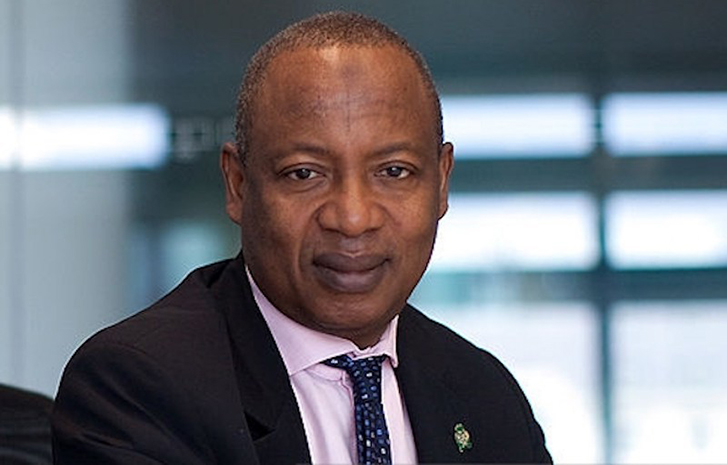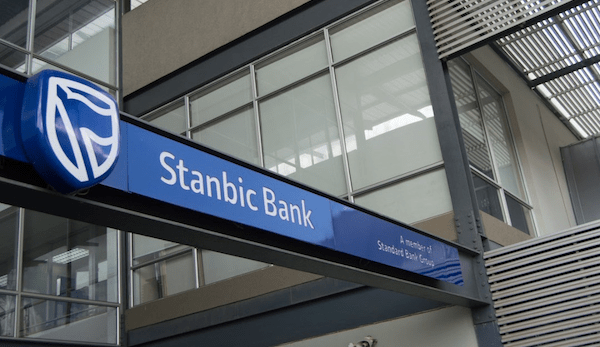*At $187.64bn, Nigeria’s GDP drops to fourth in Africa
*Trump moves to resolve violent wars, conflicts in Africa
Eromosele Abiodun and Nume Ekeghe in Washington DC
The Director-General of the World Trade Organisation (WTO), Dr. Ngozi Okonjo-Iweala, yesterday, advised the United States to critically re-evaluate its stance on reciprocal tariffs, particularly as they impact the fragile economies of poor African nations.
This was as United States President, Donald Trump, announced yesterday, that he was involvced in settling violent conflicts in Africa.
“Big news coming out of Africa, where I am also involved in settling violent wars and conflicts. I don’t know why so many of these events have fallen to me and my Administration, but they have, and we have done an unprecedented job in getting them SETTLED or, putting them in position for PEACE. STAY TUNED!!!,” the US President wrote on his Truth Social, a social media platform.
The WTO boss, who made her remarks in an interview with journalists on the sidelines of the ongoing International Monetary Fund/World Bank Spring Meetings in Washington DC, also urged African countries to deepen self-reliance by boosting intra-African trade and do more to attract more domestic investment, stressing that the global aid landscape was shrinking fast.
Nigeria’s decline reflects mounting macroeconomic challenges, including foreign exchange volatility, persistent inflation, and sluggish economic diversification.
Trump had slammed reciprocal tariffs on all trading partners, including some African countries, claiming that the U.S. had suffered from unfair trading relations with most of its partners.
The measure had prompted varied responses and sparked retaliatory actions from other countries. It had also generated shock waves across the globe, leading to turmoil in financial markets across the world.
Commenting on the matter, Okonjo-Iweala called on the United States to waive or remove reciprocal tariffs on exports from Africa’s poorest countries, warning that the economic consequences could be devastating for small, vulnerable economies like Lesotho.
Citing Lesotho as a case in point, she explained: “Lesotho, that everybody is talking about, has 50 per cent reciprocal tariffs. It exports $200 million worth of textiles to the US, imports about $3 million worth of goods from the US, is so little.
“If those tariffs are implemented, it will lose almost half a percentage point of its GDP growth, which is huge for a poor country. It will lose a lot of its exports to the US, even though it might gain a little bit by exporting elsewhere.
“So the issue is, how can we avoid having such reciprocal tariffs on Lesotho? We are asking the US to look at least developed countries, the poorest, and to try to waive these reciprocal tariffs, to remove them, so that the poorest countries and Africa as a whole don’t have these tariffs.”
She also warned that similar situations exist across the continent, with some countries like Rwanda, facing 21 per cent tariffs, while their neighbours like Ghana face only 10 per cent
“Guess what? Ghana’s export is what? Cocoa. Almost a billion dollars’ worth to the US. So it’s going to disappear across the border if you have differential reciprocal tariffs,” she said.
While acknowledging that overall trade between Sub-Saharan Africa and the United States was relatively small, Okonjo-Iweala however, underscored that this reality presents both a challenge and an opportunity for Africa.
“Sub-Saharan Africa’s exports 6.5 per cent of Africa’s exports only go to the US, and 4.4 per cent of its imports come from the US. So the impact for the continent as a whole is not that bad,” she noted.
“However, it’s both good news and bad news. Good news is that it’s limited. Bad news as well we’re not trading that much, which is not a good thing.”
She stressed the need for African countries to turn inward and focus on boosting intra-African trade as a means of insulating their economies from external shocks.
“So, from the global environment, the message to Africa is: you have to rely more on self-reliance. We have to do more in Africa to rely on our resources. Now it’s very clear, aid is disappearing. Okay, there may be a little left, but it’s disappearing.
“We need investment. So when you need investment, you have to do so much more in terms of mobilising domestic resources to put infrastructure in place, removing bureaucratic barriers so investment can come in. And this is what we need to do. And we need to trade more,” she added.
She pointed out that while Africa’s contribution to global trade remains marginal at only three percent, the continent’s intra-regional trade stands at just 16–20 per cent an area with massive potential for growth.
“If we don’t add value to our products, we keep exporting the same things, you know, commodities that are not processed, we don’t create jobs. So we must attract investment to change that, and then trade internally.”
Illustrating the opportunity within Africa, she said: “Lesotho is exporting $200 million worth of textiles to the US, and we’re all lamenting this market will be taken away. Guess what? Africa spends $7 billion importing textiles. So why can’t Lesotho sell its textiles in the African market? It’s making jeans. We import jeans, whether it’s first-hand or second-hand. Why can’t we support trade within Africa and sell?”
Equally, latest economic data on the continent revealed that Nigeria has dropped to fourth place in terms of Gross Domestic Product (GDP) in Africa, at $187.64 billion.
The figures posted by the Afreximbank’s Research Unit, on its X-handle, ranked South Africa at the top with $400.19 billion, followed by Egypt at $383.11 billion and Algeria at $264.91 billion.
Commenting on the country’s drop to position of fourth largest economy in Africa, Afreximbank’s Research on its X (formerly Twitter) handle wrote: “Africa’s economic landscape is shifting, and the latest 2024 GDP rankings from the IMF spotlight the top 10 economies powering the continent’s growth story.
“South Africa takes the lead with a projected GDP of $400.19 billion, closely followed by Egypt at $383.11 billion, reflecting North Africa’s continued economic strength. Algeria ranks third with $264.91 billion, showcasing the significance of hydrocarbon revenues and public investment. Notably, Nigeria, often regarded as Africa’s largest economy in the past, now ranks fourth at $187.64 billion.
“The dip underscores the deep macroeconomic imbalances and FX challenges Nigeria faces despite its vast population and resource base. Morocco comes in fifth with $155.35 billion, bolstered by a diversified economy and stable macroeconomic management. Ethiopia and Kenya, ranking sixth and seventh respectively, represent East Africa’s emergence as a dynamic growth zone, thanks to infrastructure-driven development and services expansion. Angola, with a GDP of $115.95 billion, continues to leverage its oil sector rebound.”
IMF Seeks Transparency in Nigeria’s Oil Sector, Improved Data Quality to Deepen Reform Gains
Meanwhile, the IMF has called on the Nigerian government to enhance transparency in the oil sector and prioritise improvements in data quality, noting that these steps are crucial to sustaining the country’s ongoing reform drive and unlocking its full economic potential.
Speaking yesterday during the unveiling of the Sub-Saharan Africa Regional Economic Outlook report titled, ‘Recovery Interrupted’, Director of the IMF’s African Department, Abebe Aemro Selassie, said more work was needed to ensure that recent fiscal and monetary reforms translate into tangible development outcomes
He said: “In terms of the reforms that have been going on in Nigeria and the peculiarities of the challenge, pressing to note is that we have been impressed by how much reforms have been undertaken in recent years.
“Most notably trying to go to the heart of the cause of the macroeconomic imbalances in Nigeria, which, of course, are related to the fact that oil subsidies are taking a very large share of the limited tax revenues that the government have, and not necessarily being used in the most effective way to help the most vulnerable people.
“The issues related to the imbalances in the external side, with the exchange rate extremely out of line. So, it’s been really good to see the government taking these all head on and also beginning to roll out the third component of the reforms that we’ve been advocating for, which is to expand social protection, to target generalised subsidies to help the most vulnerable,” he said.
However, he stressed the need to enhance fiscal transparency, particularly in the oil sector to ensure that gains from subsidy removal translate into improved government revenue.
He also called for an overhaul in how public finance was being managed in the country, to provide room for crucial investments in education, infrastructure, and health.
“This has all been very good to see, but more can be done, particularly on the data front, expanding social protection and also enhancing a lot more transparency in the oil sector, so that the removal of subsidies does translate into flow of revenue into the government budgets.”
Selassie noted that during a recent IMF mission to Nigeria, the Fund engaged with key stakeholders on various macroeconomic issues, including how to strengthen the investment climate to crowd in private capital and diversify the economy away from oil dependence.
On Nigeria’s fiscal constraints, he called for a measured approach to borrowing while also calling for more robust domestic resource mobilisation to fund development priorities.
“What is needed is a judicious and agile way of dealing with the financing challenges the country faces. In the long run, the financing gap can only be filled by permanent sources such as revenue mobilisation, but in the interim, carefully looking at all of the options the country has to borrow in a contained way will be part of that solution,” he added.
Selassie also lauded ongoing efforts by the Nigerian authorities to improve data quality, describing the work as critical to evidence-based policymaking.























